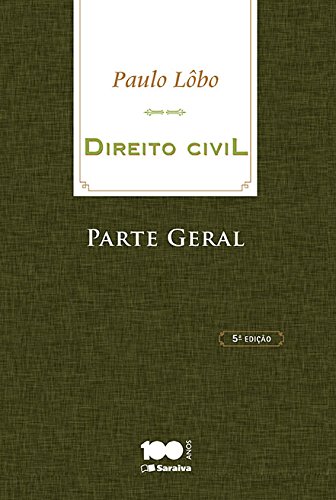

Most ebook files are in PDF format, so you can easily read them using various software such as Foxit Reader or directly on the Google Chrome browser.
Some ebook files are released by publishers in other formats such as .awz, .mobi, .epub, .fb2, etc. You may need to install specific software to read these formats on mobile/PC, such as Calibre.
Please read the tutorial at this link: https://ebookbell.com/faq
We offer FREE conversion to the popular formats you request; however, this may take some time. Therefore, right after payment, please email us, and we will try to provide the service as quickly as possible.
For some exceptional file formats or broken links (if any), please refrain from opening any disputes. Instead, email us first, and we will try to assist within a maximum of 6 hours.
EbookBell Team

4.4
82 reviewsCalling to mind a time when butchers and executioners knew more about anatomy than university-trained physicians, the phrase 'Medieval Medicine' conjures up horrors for us with our modern ideas on hygiene, instant pain relief and effective treatments. Although no one could allay the dread of plague, the medical profession provided cosmetic procedures, women's sanitary products, dietary advice and horoscopes predicting the sex of unborn babies or the best day to begin a journey. Surgeons performed life-saving procedures, sometimes using anaesthetics, with post-operative antibiotic and antiseptic treatments to reduce the chances of infection. They knew a few tricks to lessen the scarring, too. Yet alongside such expertise, some still believed that unicorns, dragons and elephants supplied vital medical ingredients and the caladrius bird could diagnose recovery or death. This is the weird, wonderful and occasionally beneficial world of medieval medicine. In her new book, popular historian Toni Mount guides the reader through this labyrinth of strange ideas and such unlikely remedies as leeches, meadowsweet, roasted cat and red bed curtains - some of which modern medicine is now coming to value - but without the nasty smells or any threat to personal wellbeing and safety. N.B. No animals, large, furry or mythological, were harmed during research for this book.**
About the AuthorToni Mount has been a history teacher for fifteen years. She has an MA by Research on medieval medical manuscripts from the University of Kent. Born in London, Toni now lives in Gravesend, Kent.